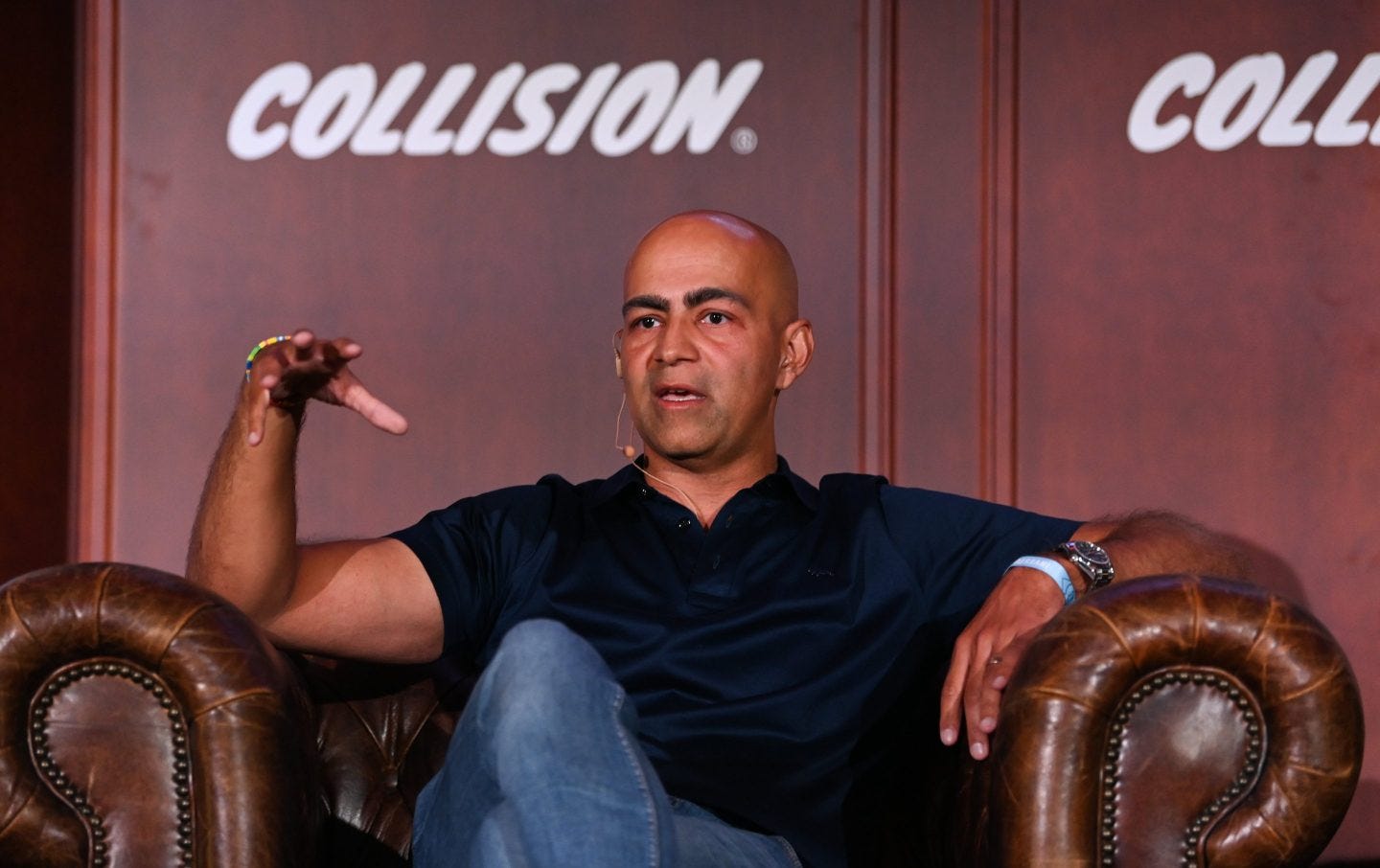The $200/m AI Consumer Playbook by A16Z & hotest startup ideas
From $200/month AI apps to voice AI and app generation, Anish Acharya from a16z explains where the real opportunities are.
Hey everybody,
I sat down with an a16z partner to talk about the state of AI startups.
The conversation went deep from pricing and product strategy to foundation models, voice AI, app generation, and why San Francisco still matters.
About Anish Acharya
Anish Acharya is a General Partner at Andreessen Horowitz (a16z), where he leads consumer investing with a focus on AI-native products and companies building for a new era of abundance.
Before joining a16z in 2019, Anish founded and sold two consumer companies:
Snowball (acquired by Credit Karma) → a universal inbox for Messenger, WhatsApp, and SMS. At Credit Karma, he scaled the U.S. Card business to 100M members and nearly $1B in annual revenue.
SocialDeck (acquired by Google) → a social gaming company enabling cross-platform play. At Google, he led mobile product efforts and also invested at Google Ventures.
At a16z, Anish serves on the boards of Clutch, Deel, HappyRobot, Mosaic, Method, The Coterie, and Titan, and is a board observer at Arc and Carbonated.
He’s deeply embedded in the consumer and fintech landscape, bringing operator experience across multiple platform shifts, from mobile to AI.
Here are the takeaways founders & investors need to know 👇
1. No Marketing Problems, Only Product Problems
If competitors are charging $200+ a month and growing, and your app isn’t, it’s not a demand problem — it’s a product value problem. In this market, marketing can’t save you.
2. Foundation Models Aren’t Winner-Take-All
Predictions in 2022: one model would dominate.
Reality in 2025: multiple winners, each specialized.
Claude → creative writing + code
OpenAI → most horizontal, consumer-facing
Mistral → sovereign AI, on-prem
Gemini → low-cost provider
All are thriving and raising prices. For startups, that means: don’t fear overlap, focus on hyperspecialization and value.
3. Hot Spaces Right Now
Voice AI → moving from low-value support calls to frontline revenue calls. Example: Happy Robot negotiates freight prices with truckers. Next wave: emotion in voice.
App Generation → not zero-sum. Replit, Lovable, Bold are all growing. Massive latent demand for software creation — think Shopify for apps.
AI-Native Products → most tools are still skeuomorphic. The biggest opportunities are in categories only possible with AI (therapy, companionship, accounting, social).
4. The Future of Software
Personal Software: AI-built apps for 1–100 users.
Networks Still Matter: marketplaces like Airbnb can’t be replaced by personal AI tools.
Self-Improving Products: emerging category where software adapts itself continuously.
5. Geography and Community
The strongest founders are often immigrants moving to San Francisco.
SF remains unmatched for serendipity, connections, and mindset.
But: falling software costs will also create viable homegrown startups worldwide — Spain included.
6. Founder Opportunities
Disposable apps: things you can build in days, even for fun (e.g., TV-watching day-trading bot).
Personalized newsletters: moving beyond one-size-fits-all.
Email as a feed: an underrated channel that could rival LinkedIn.
Listen to the whole conversation here!


